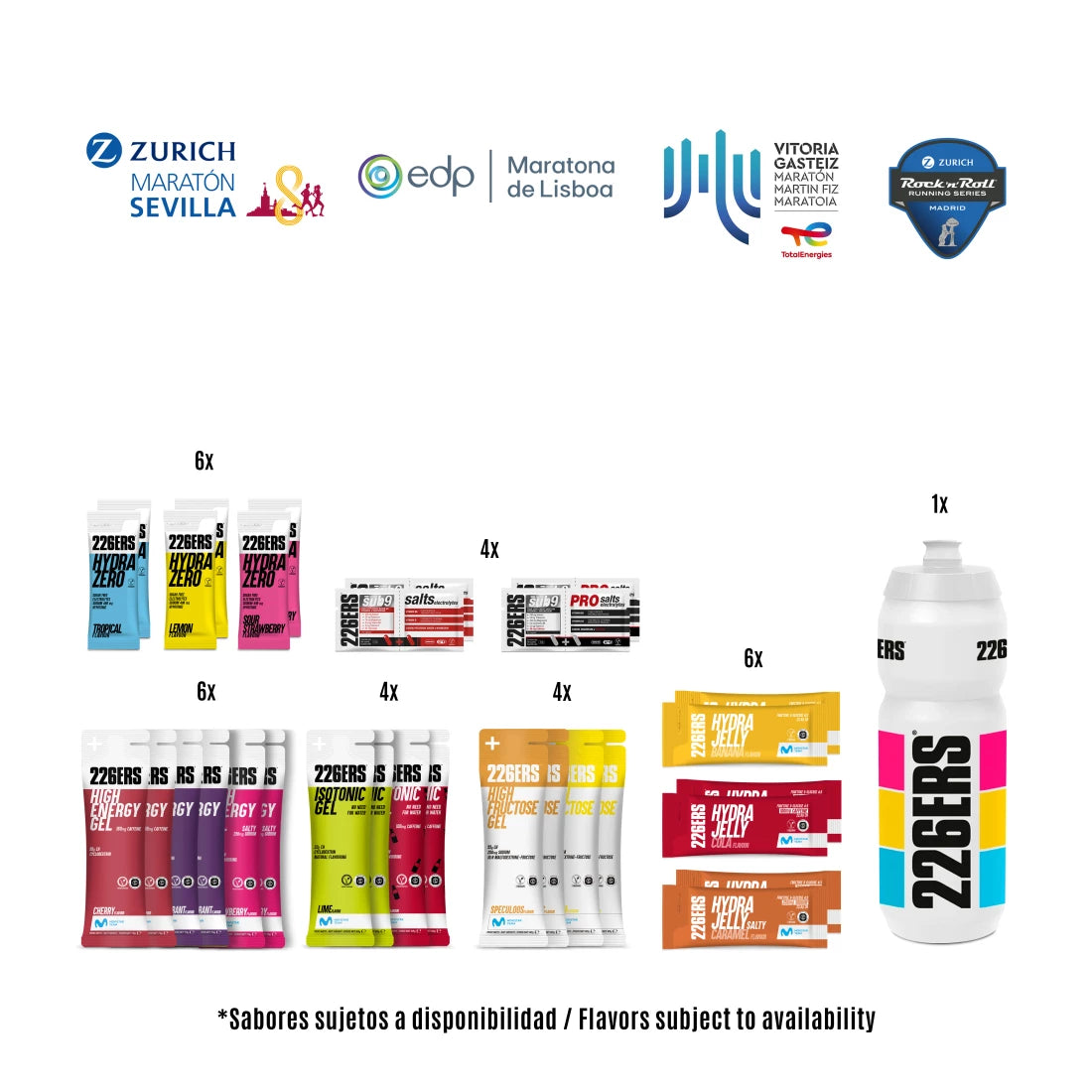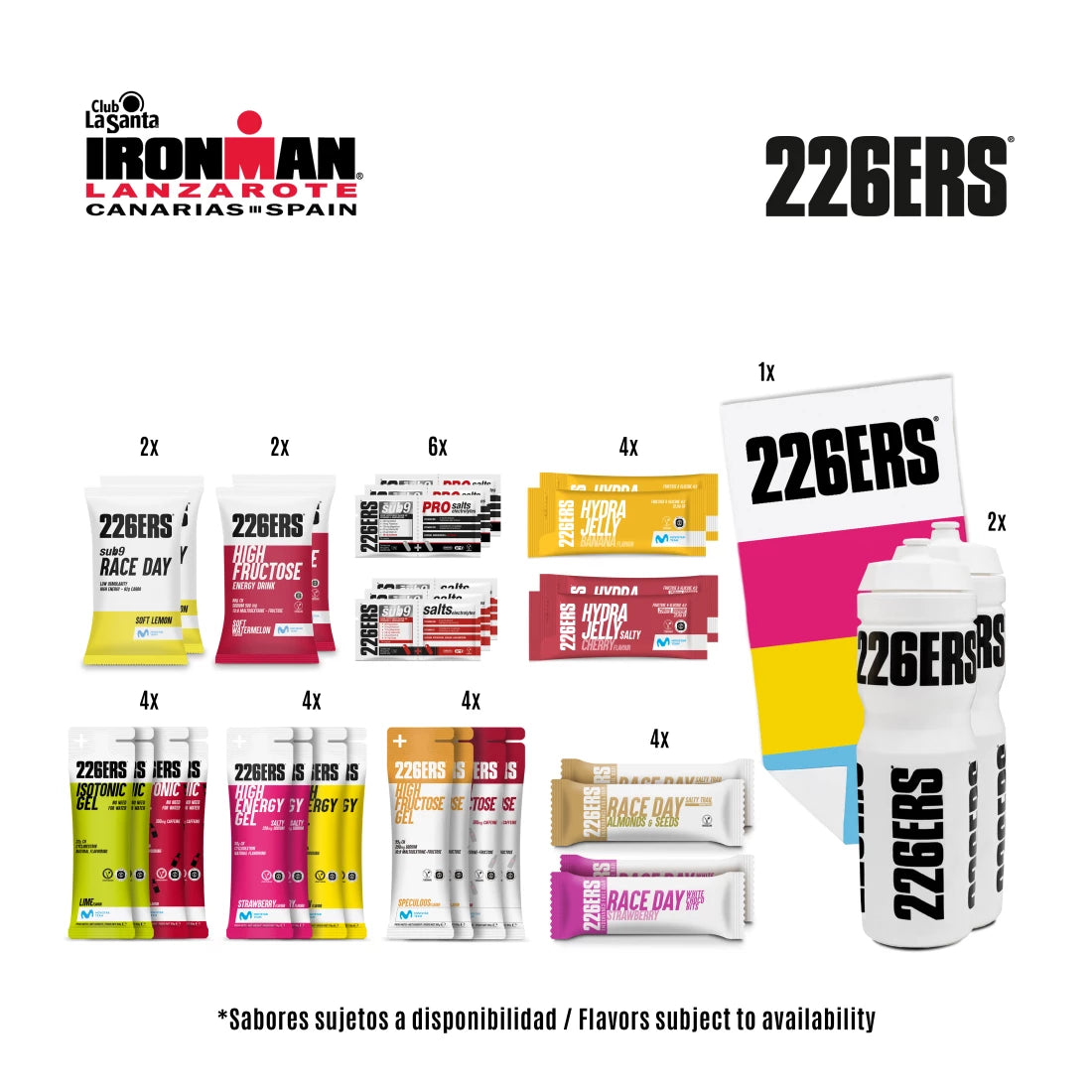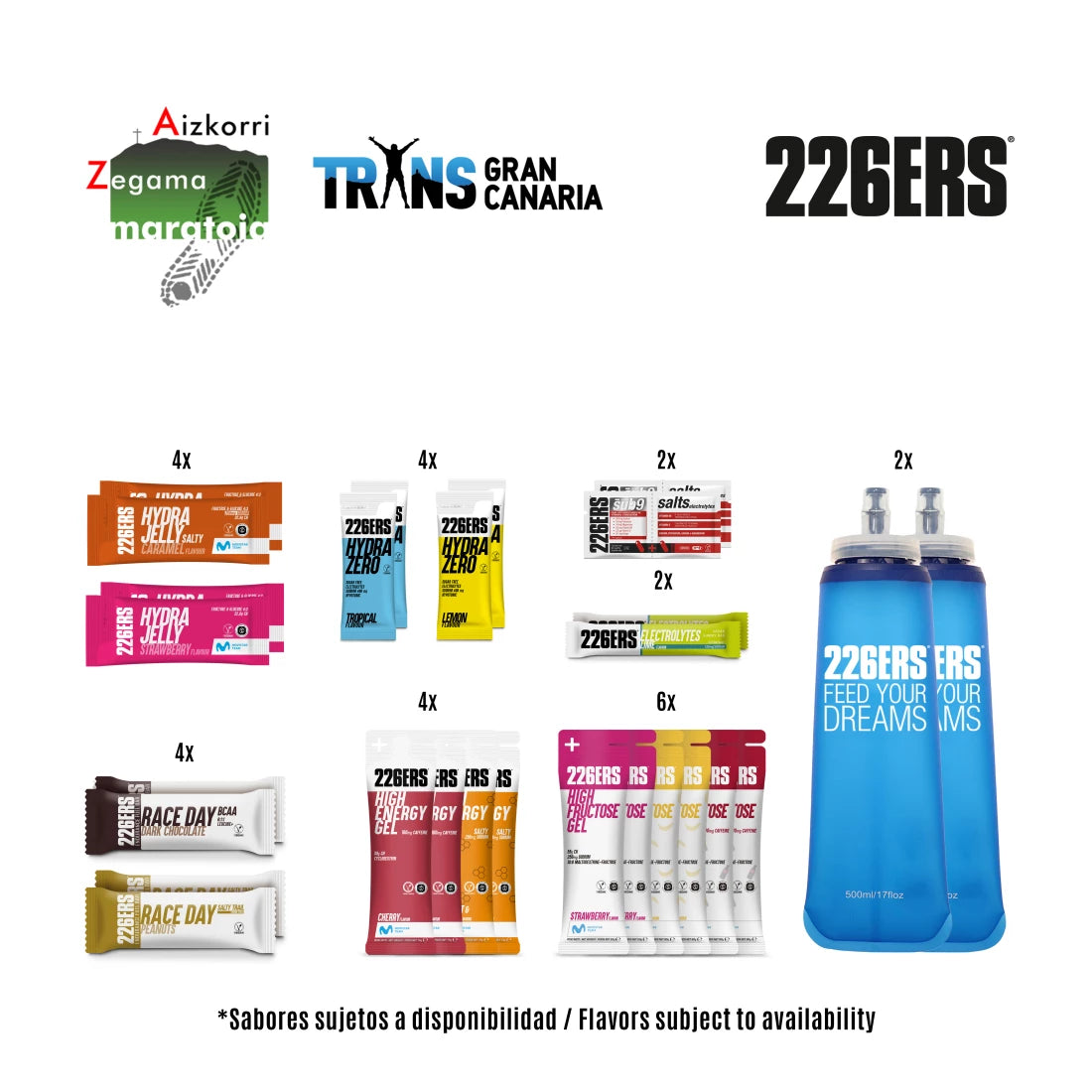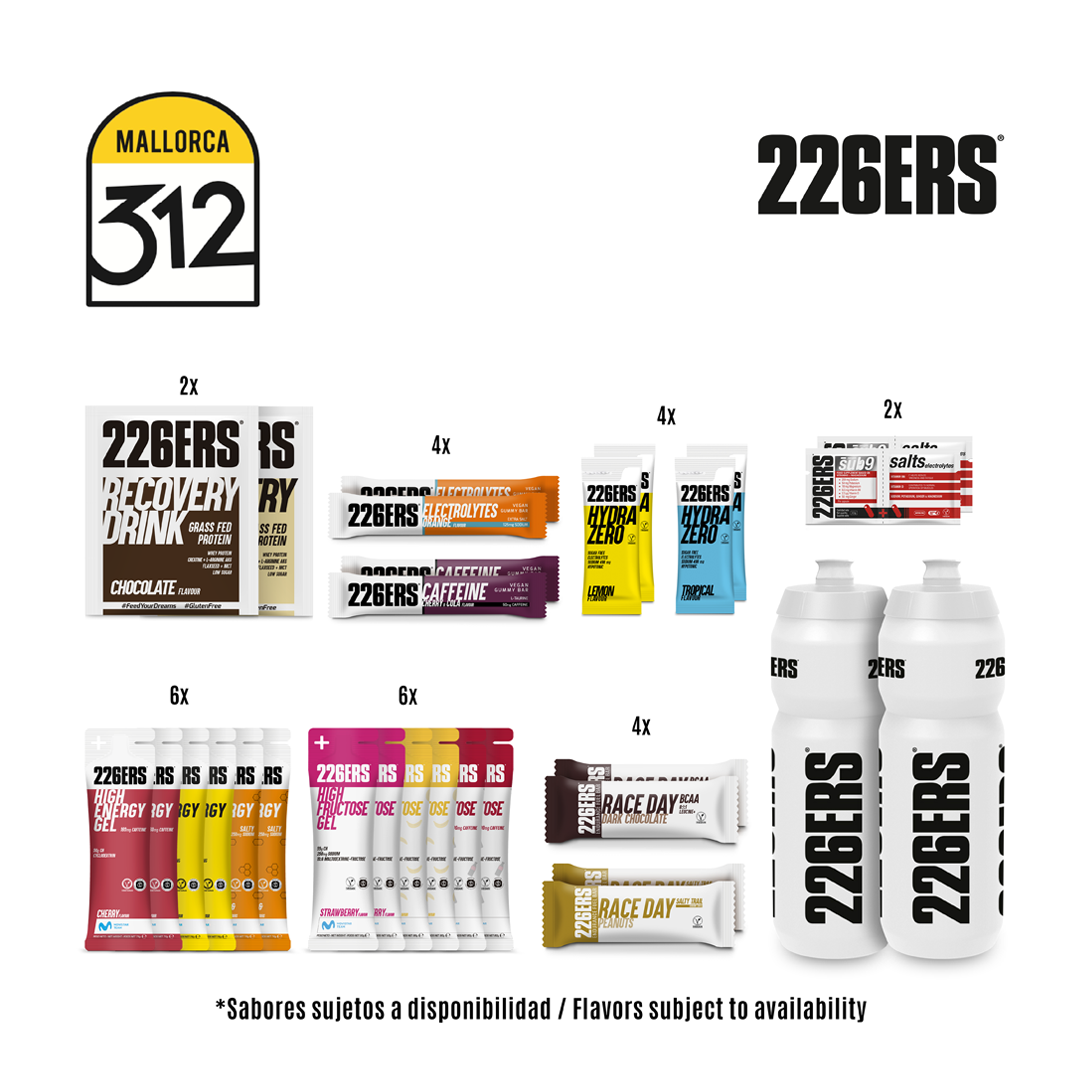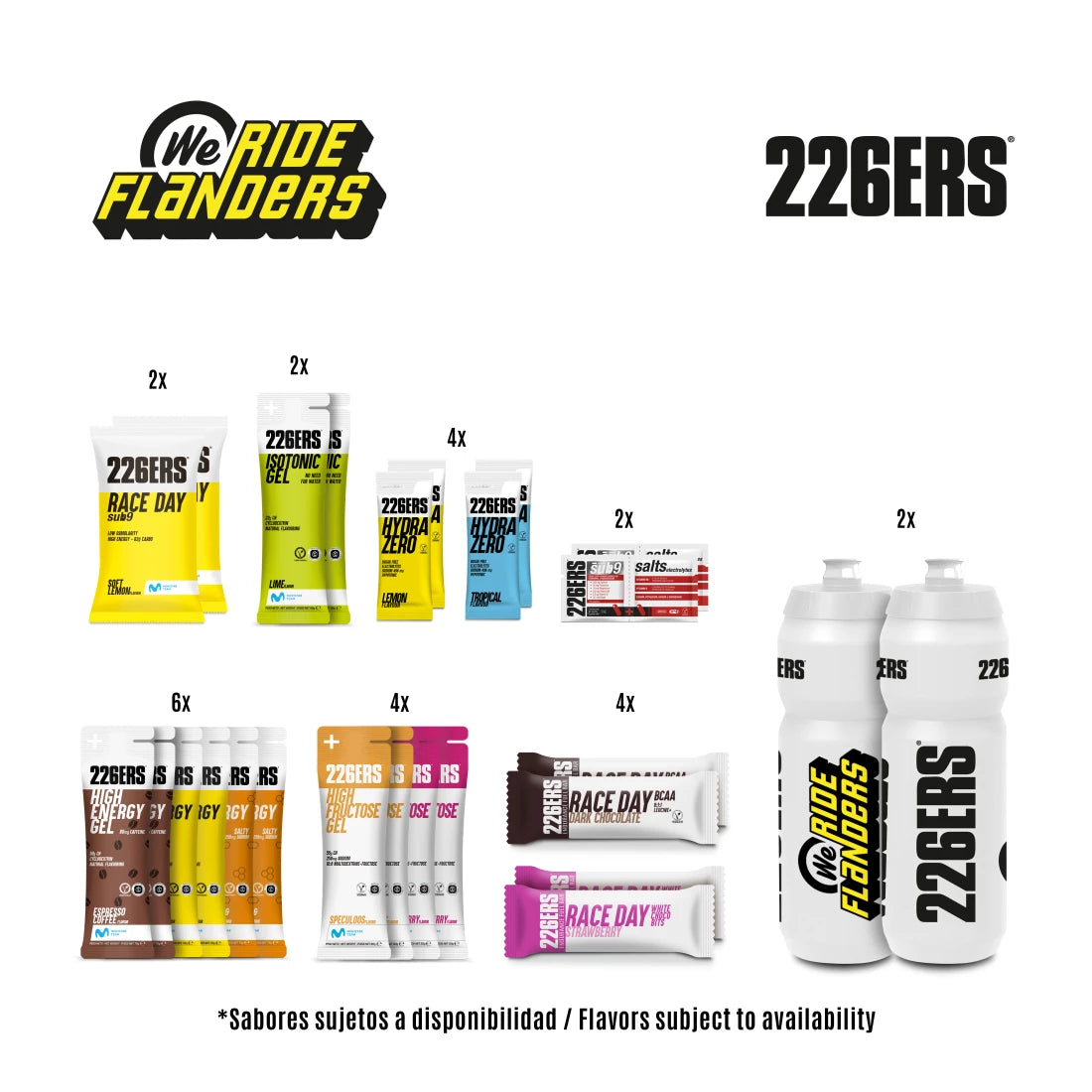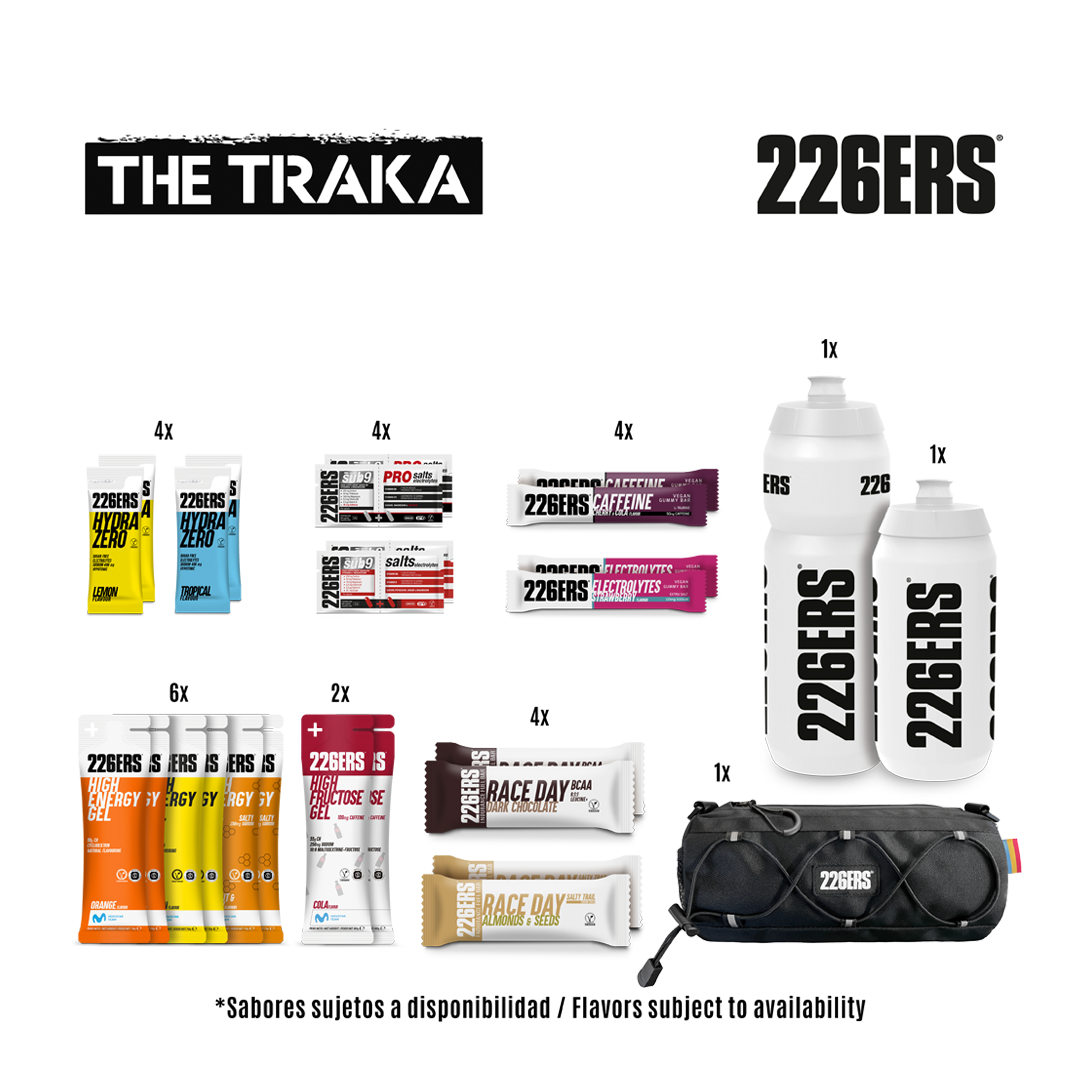Tips for preventing dehydration during long competitions
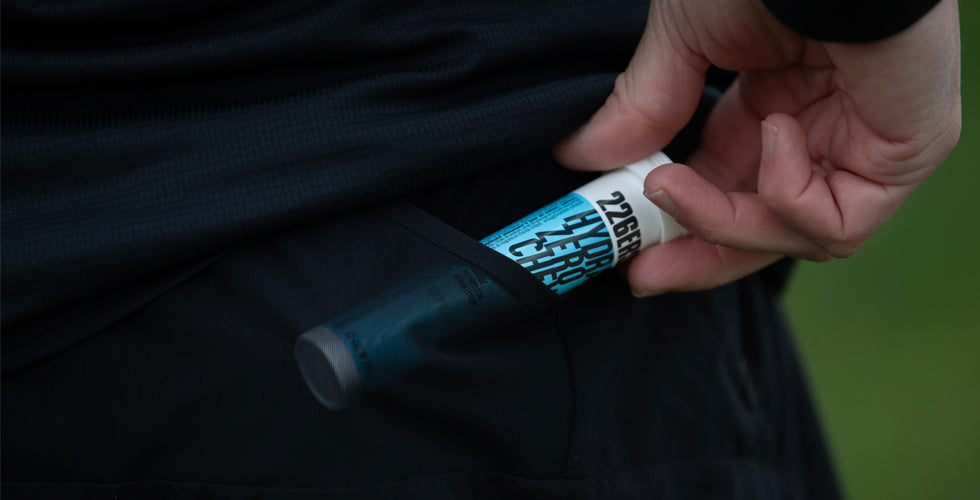
The hydration adequate is a Fundamental pillar in sports performance, especially in long distance competitions such as marathons, triathlons or cycling tests.
The Dehydration Not only compromises physical capacity, but You can put the health of the athlete at risk.
In this article, we explore How to prevent dehydration before, during and after a prolonged competition, with Strategies based on scientific evidence.
Why is it crucial to stay hydrated?
During the prolonged exercise, he Body loses large amounts of water and electrolytes through sweat, to a large extent because it is the form main that the body has to dissipate heat and maintain stable body temperature during exercise.
If these hydration levels are not replenished properly, they can be produced:
- Decrease in physical and mental performance.
- Premature fatigue
- Muscle cramps.
- Heat blow or collapse risk.
A 2% loss of body weight by dehydration can reduce performance and losses greater than 5% can endanger the health of the athlete.
Therefore it is vital to prepare a fluid replacement strategy during effort, that avoids reaching these weight losses.
Recommendations to maintain hydration
- Hydration before competition: It is essential to start a well hydrated competition. This can be checked by collecting a small urine sample when waking and evaluating its density with a simple reactive strip. The value must be between 1,005 and 1,015. In the 30-90 ’prior to the test, it is recommended to drink between 500 ml and 750 ml of liquid, normally water or isotonic drinks. It is also advisable to avoid the previous days alcoholic and caffeine drinks, since they can increase fluid loss.
- Hydration during the competition: During prolonged events, the key is to drink regularly, not wait to be thirsty. Consume liquids every 15-20 minutes, prioritizing isotonic drinks containing sodium to help fluid retention. The amount must be between 500-1000 mL hour, provided that the athlete tolerate him and trained for it.
-
Hydration after competition: After the test, hydrate is equally important. It is recommended to drink water or drinks with electrolytes to restore the balance of lost fluids and minerals. A good goal is to drink between 1.5 and 2 times the weight of liquid lost during the test.
Types of liquids and drinks for hydration
-
Water vs. sports drinks: While water is essential, sports drinks are better during long competitions, since they provide not only liquids, but also carbohydrates and electrolytes such as sodium and potassium, which help prevent cramps and improve performance. In addition, these drinks are formulated in such a way so that their absorption in the intestine is adequate and does not generate gastrointestinal problems.
- Importance of electrolytes: Electrolytes are fundamental to maintain cell function, avoid cramps and optimize performance. Isotonic drinks and hydration supplements help maintain the balance of these minerals. Sodium, potassium and magnesium are the most important electrolytes.
How to recognize dehydration signs
Dehydration begins with Mild symptoms such as dry mouth, fatigue and lack of concentration. If dehydration is aggravatesThey may appear cramps, dizziness, headaches and even nausea.
It is important Recognize these signs quickly and act, drinking suitable liquids in small quantities regularly.
Hydration planning according to the type of competition
Each type of competition has different hydration needs. The high intensity causes body temperature to rise more, and therefore More liquids are needed, however The long duration, despite having a lower sweating rate, can cause a greater total need for liquids for a longer duration of the test.
But in addition to this it is also important to know at the strategic level the possibilities of disposition of liquids and supplies during the test.
A cyclist It can carry liquid drums on your own bicycle, while a marathoner You must wait for the provisioning stalls that exist in the test, so it is key not only to know the amount of liquid to be ingested per hour, without the time between an avitualte point and the following to be able to "refuel" the amount of liquid necessary and plan it beforehand.
Plan your climate -based hydration strategy and test duration
In competitions such as marathons or triathlons, the hydration Not only does it depend on duration time, but also of the climatic conditions.
In heat and humidity conditions, the Liquid needs increase and to be able to establish an adequate hydration strategy, the first thing that should Knowing is the sweating rate (liters / hour).
Once this rate is known, which is Individual in each sportsmanA, under conditions similar to those of competition, you can Plan the amount of liquid necessary to replace to avoid that loss of more than 2% of body weight.
These rates can range from 1 liter at the time to 2.5 liters per hour in extreme conditions.
Common errors in hydration during long competitions
- Do not drink enough: Wait to be thirsty to hydrate and not drink from the beginning of the test, or drink well below the athlete's sweating rate, which causes progressive dehydration.
- Choose wrong drinks: Drink only water, without replenishing electrolytes, or drinks with an inadequate composition that cause gastrointestinal problems.
-
Drink in excess: Excess water without electrolytes can cause a dangerous condition called hyponatremia, which occurs when blood sodium levels are too reduced.
How much water should I drink before a long distance competition?
Being in optimal conditions of hydration, It is recommended to drink between 500 ml and 750 ml of liquid at least 30-90 ’before the start of the test.
What liquids are better to prevent dehydration during long competition?
Isotonic drinks are an excellent option, since they contain electrolytes that help maintain the water balance of the body and provide carbohydrates, essential to maintain the intensity of effort.
Can I replace water with sugary drinks to hydrate better?
Yes, but these drinks must be isotonic drinks with adequate composition. Drinking drinks soda may not meet these criteria.
What supplements should I take to prevent dehydration during competition?
Electrolyte supplements and isotonic drinks are the most effective to prevent dehydration during long competitions. Hypotonic drinks can help hydration during the previous days and after exercise.
What foods help stay hydrated?
Foods such as fruits and vegetables rich in water, such as watermelon, cucumber and tomato, help keep the body hydrated. In any case, an enormous of high fluids and is quite frequently key to obtaining adequate hydration levels.
Conclusion
DESHYDRATION It is one of the More critical (and preventable) factors that They affect performance in long competitions.
A Smart Hydration Strategy "Before, during and after the event," not only Improve performance, but Protect your health and reduce the risk of injuries. Hydrate well is not just drink water, but also replace lost electrolytes.
Also train your hydration strategy as part of your sports preparation.


